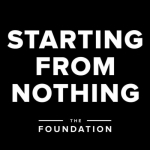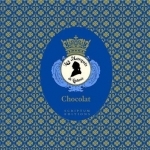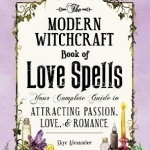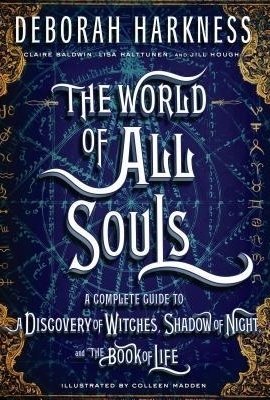
Starting from Nothing - The Foundation Podcast | Building your business ENTIRELY from scratch.
Podcast
How do you start a business when you have no money? No experience? No credibility? Or even no...

Chocolat: the Art of the Chocolatier: Les Marquis De Laduree
Serge Gleizes, Vincent Lemains and Julian Christophe
Book
Gourmands everywhere will be delighted by the publication of Les Marquis de Laduree a magic door...

What the Song: know that playing music instantly!
Music and Utilities
App
What The Song is for music recognition. Install and feel the Magic. There are times we wonder what...

The Modern Witchcraft Book of Love Spells: Your Complete Guide to Attracting Passion, Love, and Romance
Book
From the author of the Modern Witchcraft series comes a new book on romantic spells to bring you...

Pure Joy
Book
This is the perfect gift for all animal lovers. In this charming, heartfelt memoir, Danielle Steel...
The Last Unicorn (The Last Unicorn, #1)
Book
The unicorn lived in a lilac wood, and she lived all alone... thirty years ago, Peter S. Beagle...

The World of All Souls: A Complete Guide to A Discovery of Witches, Shadow of Night, and the Book of Life (All Souls Tri
Deborah E. Harkness, Claire Baldwin, Colleen Madden (Illustrator) and Jill Hough
Book
A Discovery of Witches introduced Diana Bishop, Oxford scholar and reluctant witch, and vampire...

Shadowhunters - Season 2
TV Season
The second season of Shadowhunters returns with the Shadow World in upheaval with Valentine and the...
Young adult magic fantasy vampires werewolves adventure

Tantra: The Indian Cult of Ecstasy
Book
Tantra is a set of beliefs and practices that originates in India and combines eroticism, magic and...

